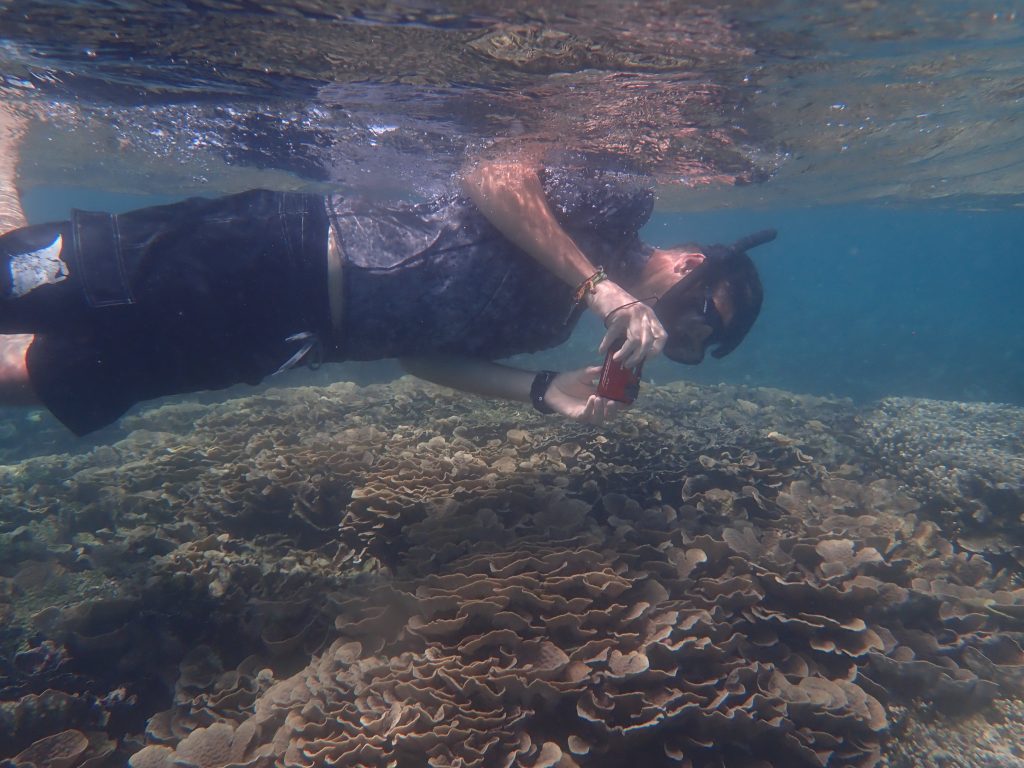Fishery and Biodiversity
Fishery and Biodiversity
Coral reefs are vital ecosystems fuelling both marine biodiversity and coastal fisheries. The systems face pressure due to an increasing population and human activities due to overfishing and global warming induced by climate. Mangroves, seagrasses and coral reefs host immerse biodiversity worldwide forming an important fishery and ecology. Coral reefs cover less than 1% of the global ocean but host 25% of the global fish and remain important for the artisanal fisheries that contribute to over 90% of total catch in developing countries like Tanzania. The increasing human pressure, overfishing, unsustainable fishing practices, pollution, illegal and unreported fishing affect the long-term survival of fish in the coral reef systems.

Our work focuses on conducting research and implementing projects and programs that improve the sustainability and long-term protection of fish biodiversity. These range from stock assessment mapping of biodiversity to contributing to fishery conservation of threatened and endangered species living in critical systems of mangrove, coral reefs and seagrass ecosystems. Furthermore, the organization support the sustainable use of coral reefs through eco-tourism initiatives, research, education and field visits.
